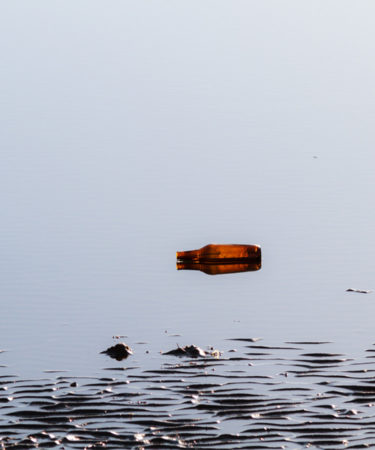Next month, the Supreme Court will hear arguments in a landmark case that could have huge implications for American brewers.
The case involves the Clean Water Act and the Lahaina Wastewater Reclamation Facility in Maui, which is responsible for treating millions of gallons of sewage each day. Brewers believe that a win for Maui could spell trouble for their industry, because it would make it easier for companies to pollute the nation’s waterways.
In a brief to the Supreme Court, a group of 60 brewers point out that “beer is mostly water,” and that water is key to their industry. Small changes can have a huge impact, they say.
Water containing bacteria can spoil a whole batch of beer, but introducing new filtration and testing systems comes with prohibitive costs. Meanwhile, additional sulfates would make their brews taste acidic, and chlorine would impart aspirin-like flavors.
Since 1972, the Clean Water Act has acted as the main safeguard against pollution of the country’s waterways. But in December 2018, the Trump administration revealed the “Dirty Water Rule,” a plan that would restrict the Clean Water Act.
A group of 59 brewers responded with a letter to the U.S. Environmental Protection Agency (EPA) and the U.S. Army Corps of Engineers (USACE). The letter expressed the brewer’s outrage at the proposed changes, claiming that they threatened a vital resource on which their livelihoods depend.
Speaking to CNBC, Lori White, co-owner of Zed’s Beer in Marlton, NJ, said, “Our industry is so focused on local, local, local, but really, we are part of the bigger dynamic. It does impact us. What they decide to do impacts all of us.”
